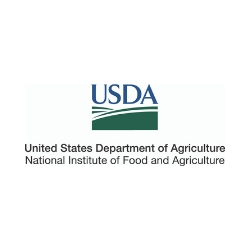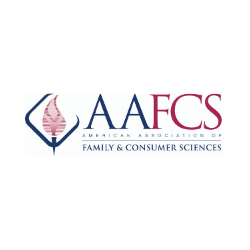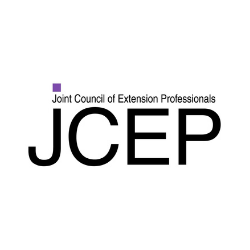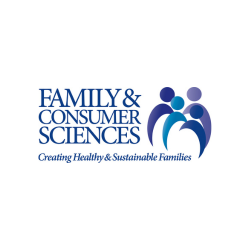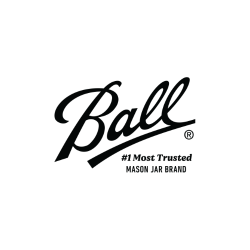Resources from Member ResourcesA list of resources for planning and evaluating programs, sharing your work in journals, and sample evaluation tools for youth programs. Member Resources for Planning and Evaluating ProgramsA list of online training and development resources, as well as evaluation measurement tools and instruments, has been compiled and placed on the NEAFCS website to aid FCS educators in planning and evaluating programs. This non-exhaustive list offers web-based resources from several land grant institutions as well as other organizations. This resource should prove to be useful in strengthening and enhancing FCS educators' knowledge and skills in program development and evaluation. Where Can I Share My Work? Refereed Journals Related To Family and Consumer SciencesIncreasingly Extension Specialists and Extension Agents are being asked to publish their work. So, "where can I publish my work?" The NEAFCS website now features a resource listing pertinent information on twenty (20) journals that are most relevant to Extension FCS subject areas. Information includes journal name, editor contact information, in-depth information for preparing manuscripts, and web addresses for full guidelines and other helpful information. Sample Evaluation Tools for FCS Youth ProgramsSample evaluation tools are now available on the NEAFCS website, whereby members may discover ways for demonstrating program outcomes and impacts on various subject areas such as nutrition, sewing, career preparation, etc. Reflecting different evaluation methodologies, the tools were designed for middle school age and older and have been tested and shown to be face and content valid as well as reliable. Also, a resource is included that provides a description of each evaluation tool along with a suggested process for administering the tool and analyzing the results.
Sample Evaluation Tools for FCS Adult ProgramsSample evaluation tools for adult programs are provided here, whereby members may discover ways for demonstrating program outcomes and impacts on various subject areas such as food safety, financial/money management, community development, etc. Reflecting different evaluation methodologies, some tools are actual knowledge tests while others are self-report surveys. The tools were designed for adult audiences but written at the 6th grade reading level and have been tested and shown to be face and content valid as well as reliable. Also, a resource is included that provides a description of each evaluation tool along with a suggested process for administering the tool and analyzing the results. |

